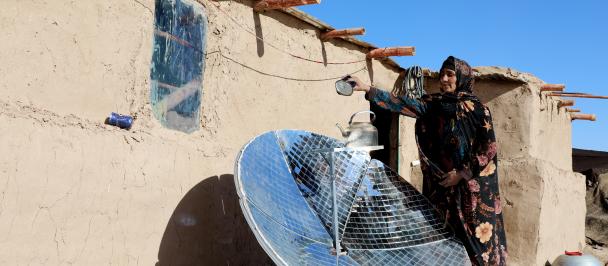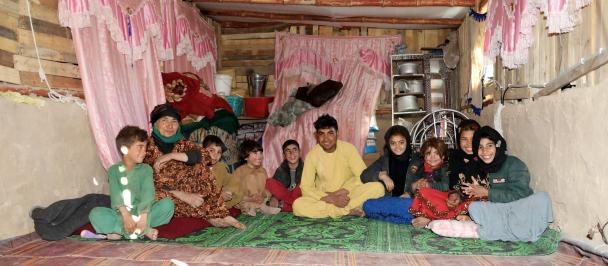UNDP's Afforestation and Greening in Afghanistan
Trees for Bees
March 21, 2024
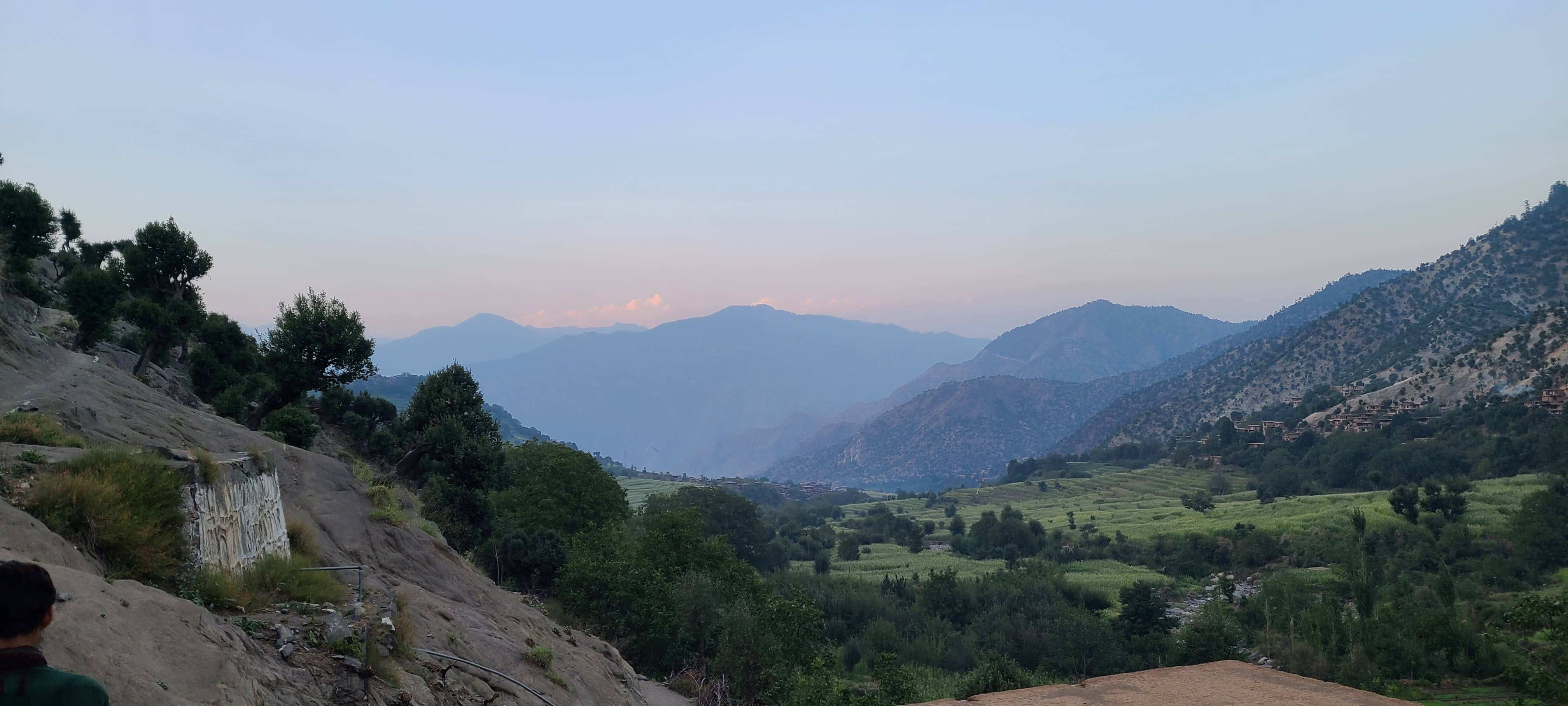
In Afghanistan, a nation facing significant environmental challenges due to extensive deforestation, the urgency for effective forest restoration and land rehabilitation is paramount. The cumulative effects of political instability, prolonged droughts, agricultural expansion, and uncontrolled exploitation of natural resources have led to a severe reduction in forested areas, further exacerbated by wildfires over the years.
In response to these challenges, UNDP Afghanistan, under the ABADEI project, has spearheaded several projects aimed at afforestation, watershed management, and land restoration across the country. These initiatives, undertaken over the past three years, have successfully rehabilitated more than 1,540 hectares of land, demonstrating a significant commitment to environmental sustainability and socio-economic development.
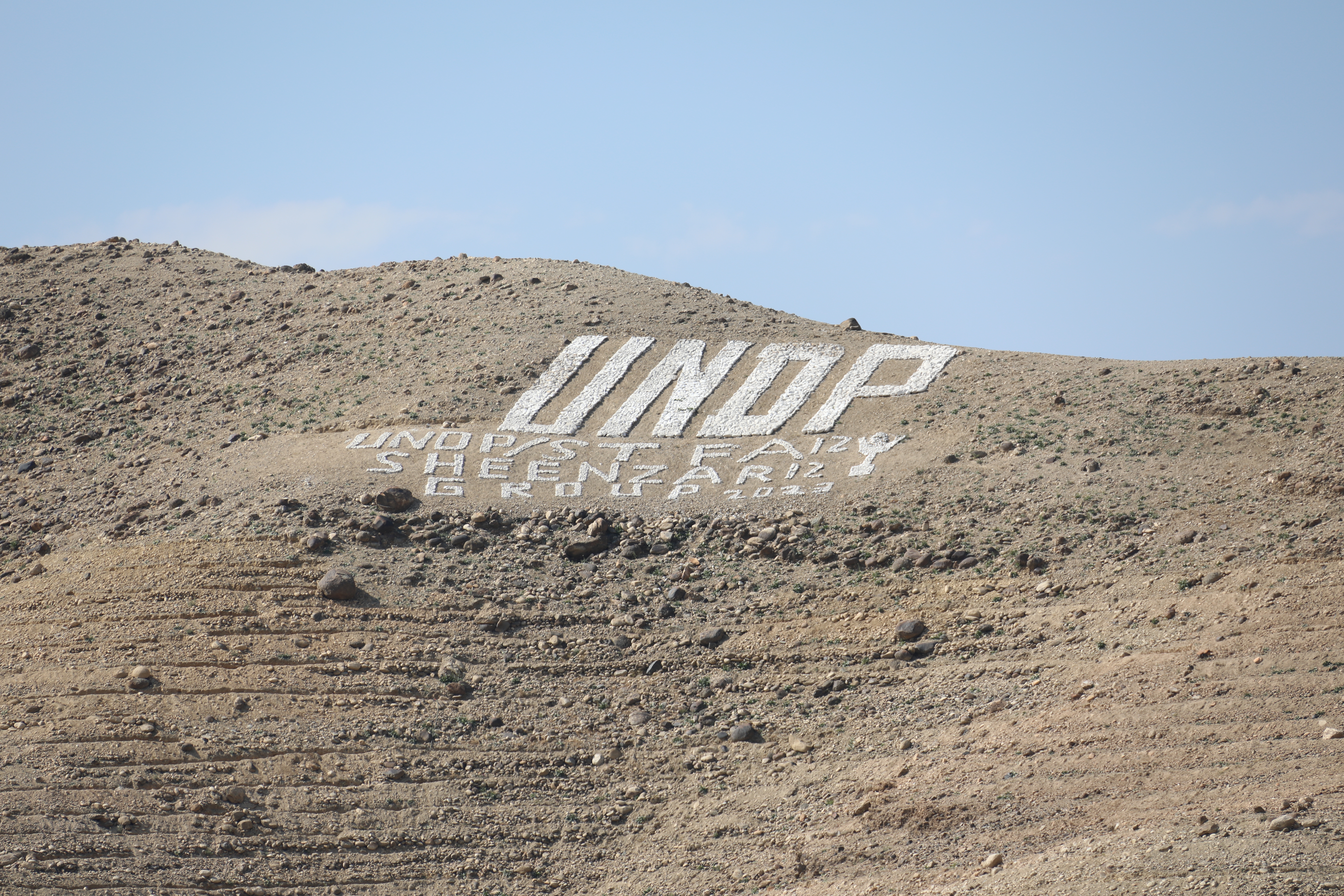
A prime example of these efforts is the establishment of a new forest area in the village of Tagab Camp, near Jalalabad city. This project has been particularly beneficial for local beekeepers, such as Hazrat Hussein from Nangarhar province, who previously faced the challenge of migrating his bees to Pakistan for jujube flower nectar. The project's focus on planting over twenty thousand Jujube saplings on a twelve-hectare plot not only aims to revitalize local honey production but also provides environmental benefits such as flood prevention and groundwater recharge. This initiative has created income opportunities for 780 residents through cash-for-work activities, thereby contributing to local employment and environmental sustainability.
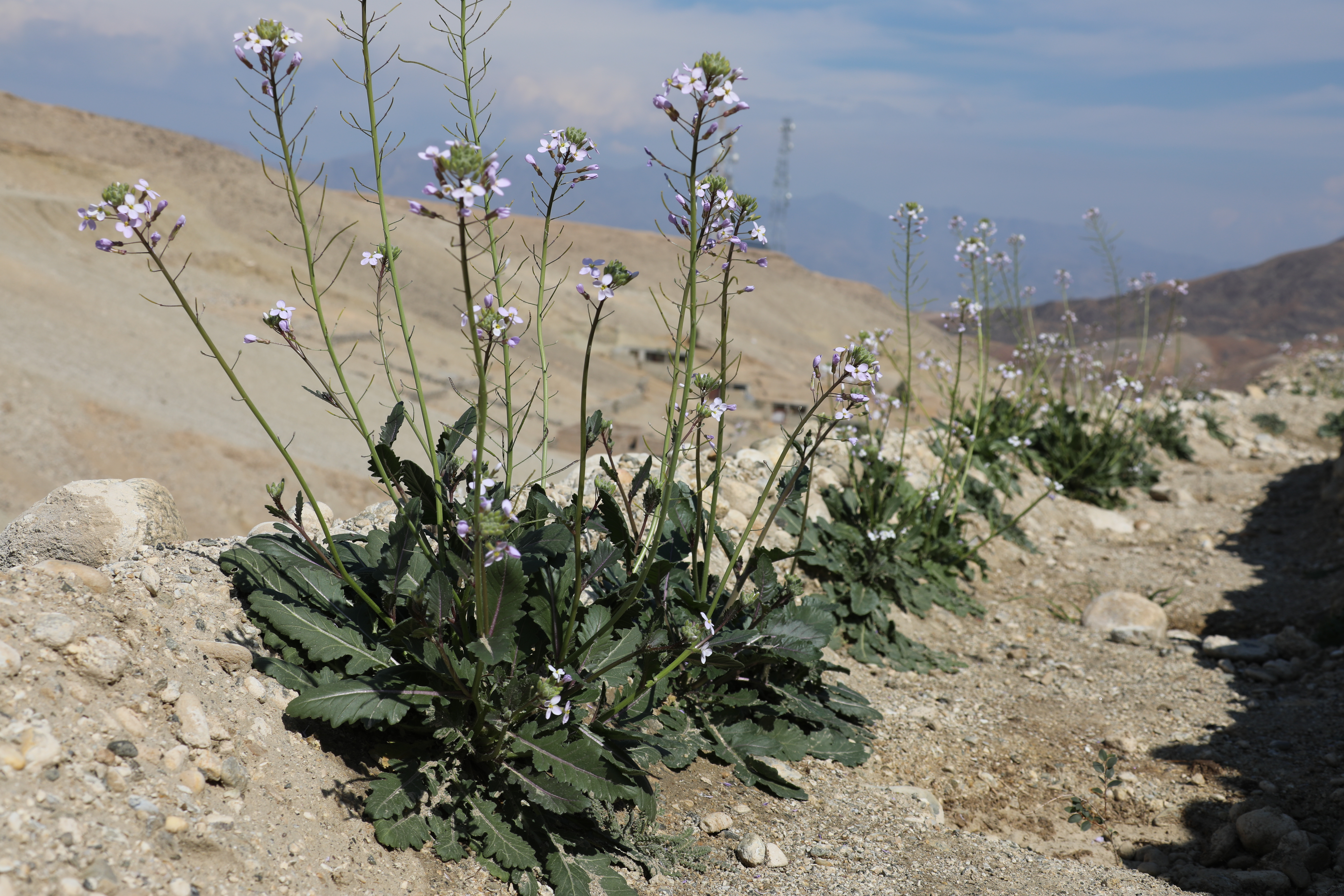
Further afforestation efforts include the planting of over 14,000 trees in Yousufkhail village in Paktika province and a project focused on pistachio and asafetida plants in Mirshaikh village of Kunduz Province. These projects are tailored to address the immediate impacts of climate change, mitigate flood risks, and provide short-term employment opportunities for community members, supporting local economies in the process.
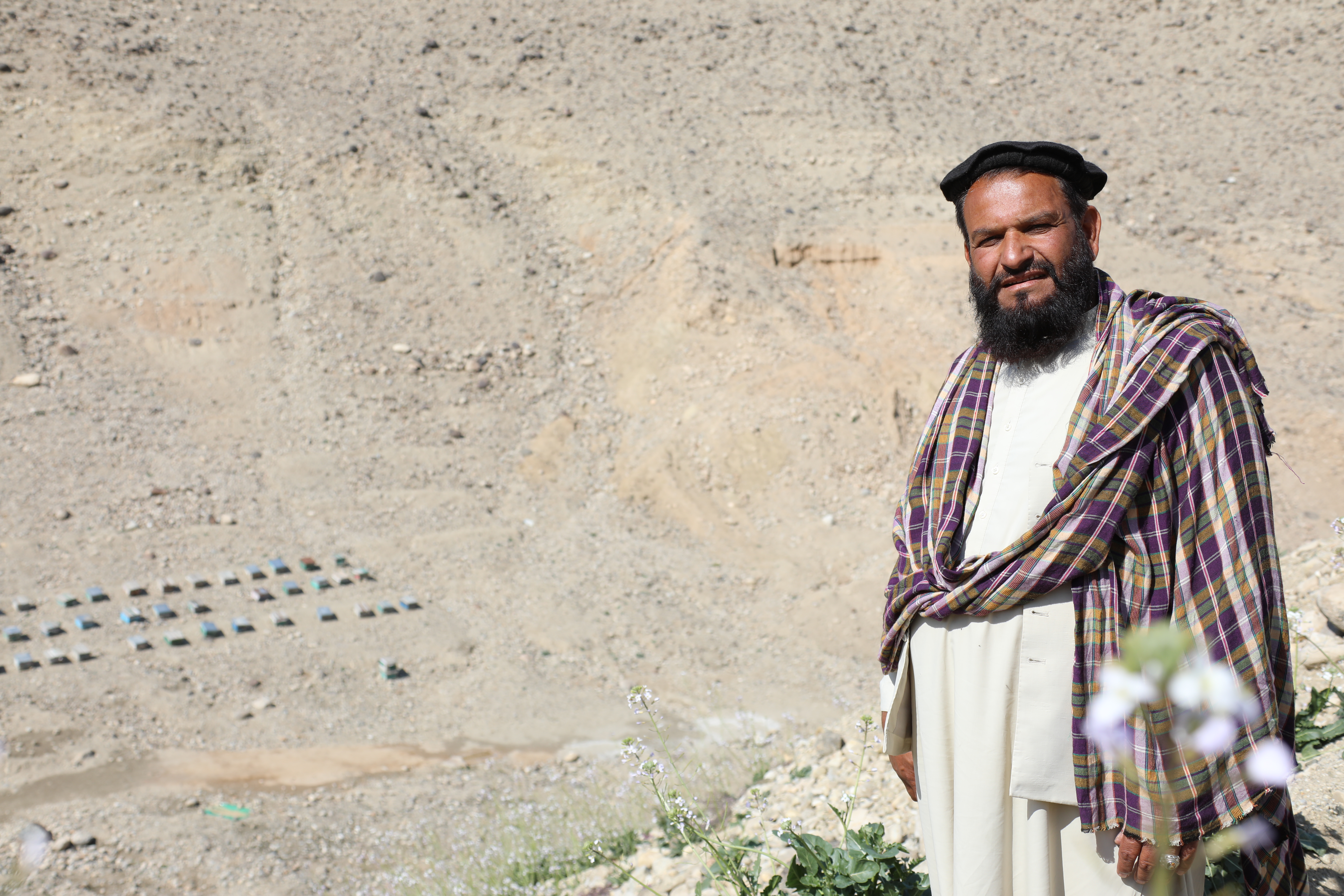
Forests play a crucial role in supporting sustainable agri-food systems, enhancing livelihoods, and ensuring food security and nutrition for a significant portion of the global population. They are also vital for freshwater supply, biodiversity conservation, and climate change mitigation. The UNDP's afforestation and land rehabilitation projects represent vital steps toward restoring Afghanistan's forest cover, improving ecosystem services, and fostering the socio-economic development of local communities. The continued focus on such initiatives is essential for the environmental and socio-economic resilience of Afghanistan.

 Locations
Locations